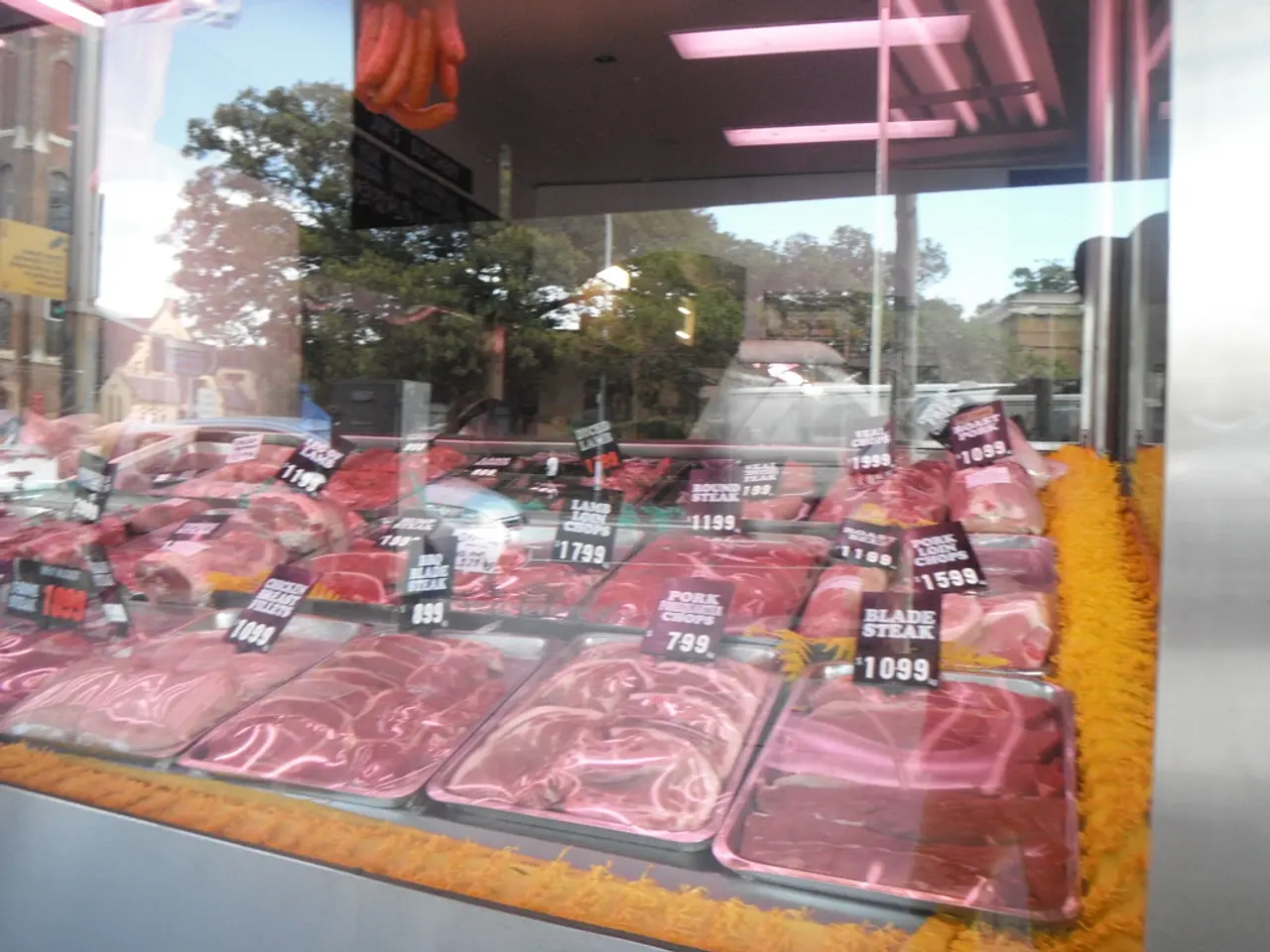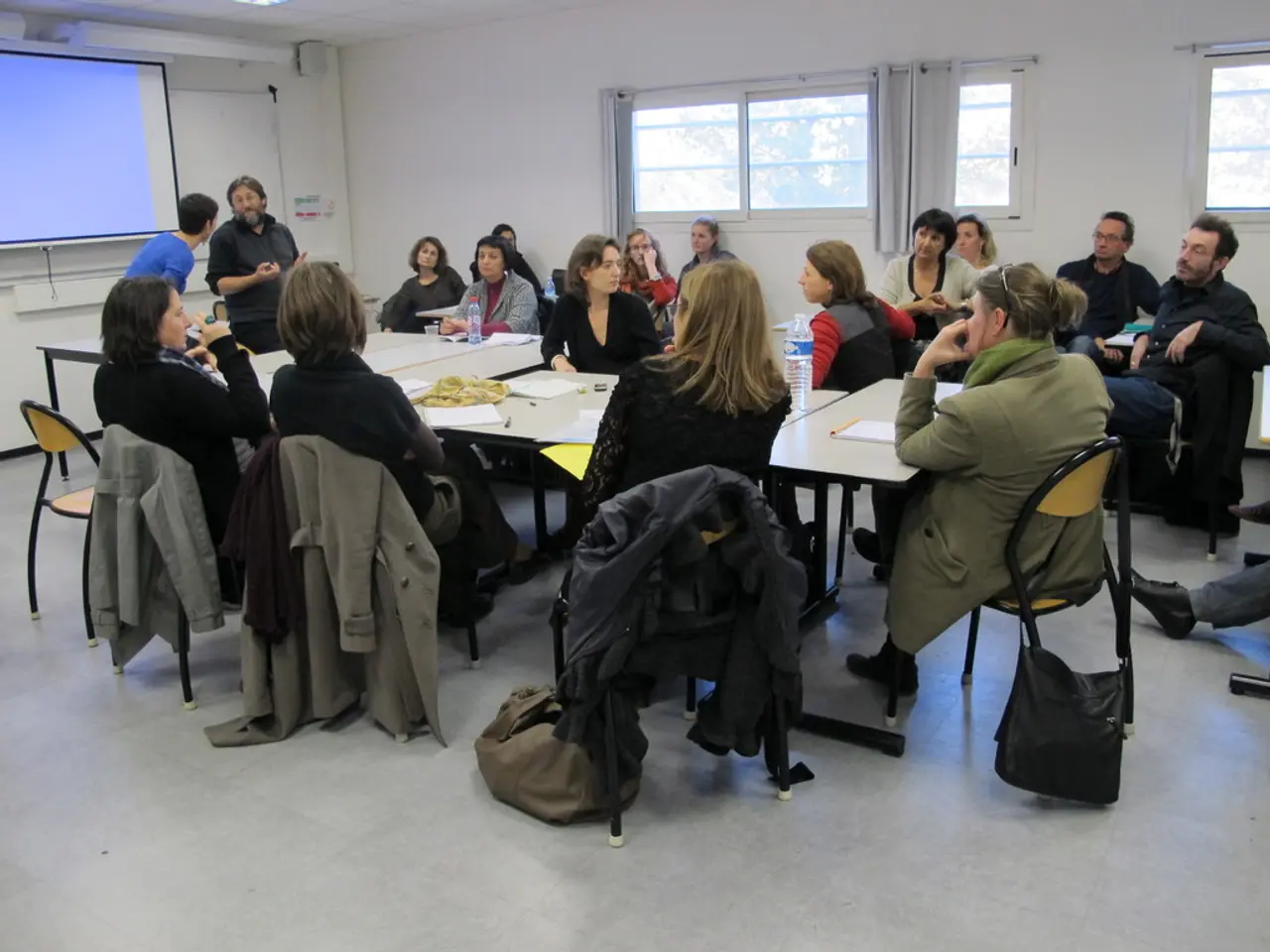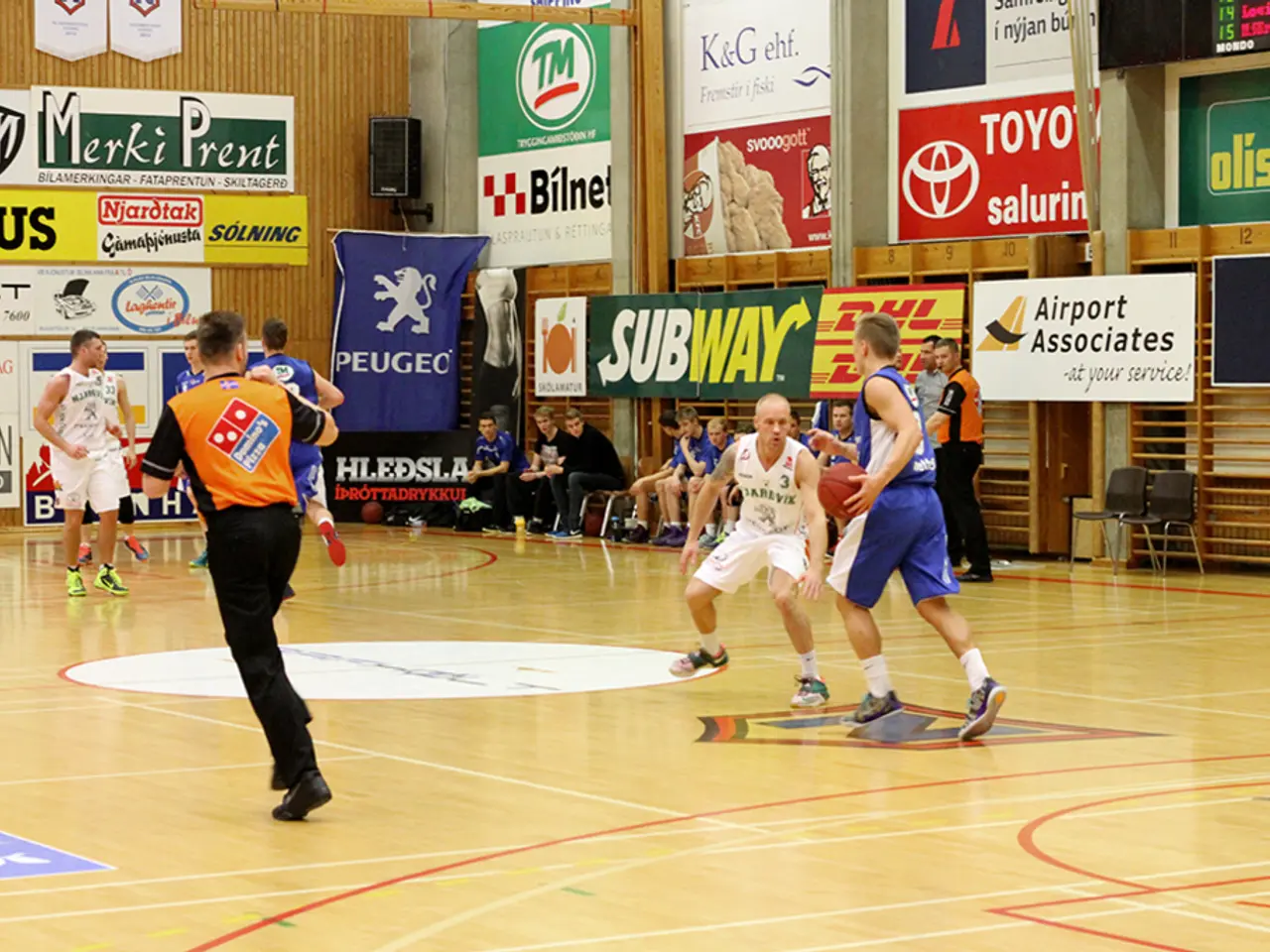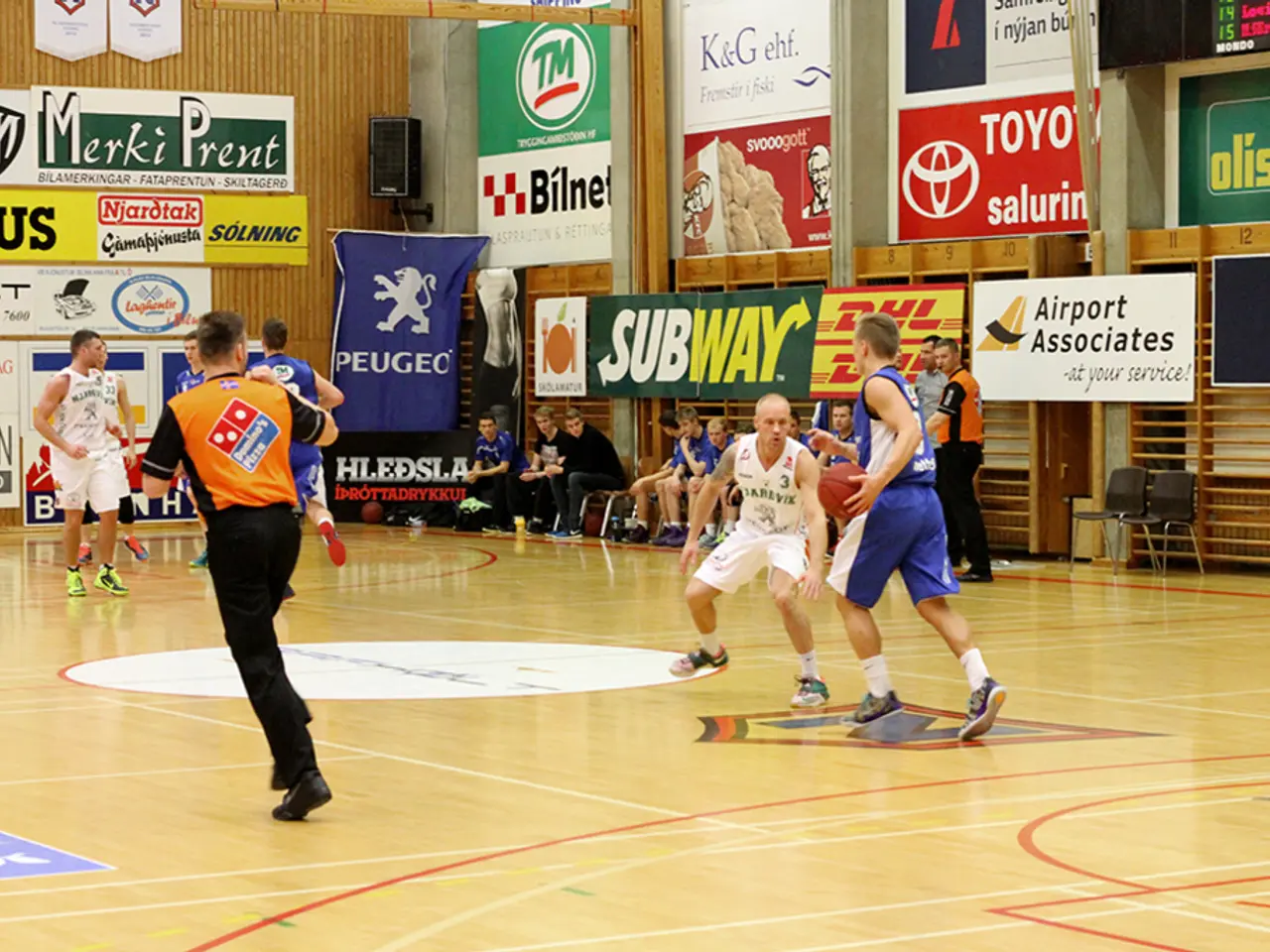Restrictions on Subcontracting in Germany's Meat Industry
In an effort to enhance worker protection and combat exploitative business practices, Germany enacted the Occupational Health and Safety Inspection Act (ASKG) in 2015, significantly impacting the nation's meat industry. This landmark legislation has since brought about a series of positive changes, providing a potential blueprint for other industries to follow.
The ASKG aimed to make companies directly responsible for their employees, leading to better enforcement of safety regulations. As a result, since its implementation on 1 January 2021, reported work accidents have significantly decreased, indicating a more secure work environment for the industry's labour force.
One of the most notable changes brought about by the ASKG is the prohibition of subcontracted labour and the significant curtailment of temporary agency work. This move has dismantled a business model that often correlated with poor working conditions, lower wages, and weaker enforcement of occupational health and safety standards.
By banning subcontracting, the ASKG intended to improve labor rights and safety by ensuring direct employer responsibility for workers rather than diffused accountability through layers of subcontractors. This shift has reduced precarious employment situations common in subcontracted roles, such as unstable contracts, wage theft, and limited social benefits.
Moreover, the ASKG has strengthened compliance with occupational health and safety regulations, as direct employers are more likely to be held accountable for safe working conditions than subcontractors. The legislation has also encouraged a fairer labor market by dismantling the low-cost subcontracting setup that undercut wages and standards.
The experience in the German meat industry demonstrates that a ban on subcontracting can combat extreme forms of exploitation. In 2021, the number of regular employees in the meat industry rose by more than 23,000 - an increase of about 18 percent compared to the previous year.
Furthermore, the ASKG led to a considerable improvement in housing standards for migrant workers, many of whom relied on company-provided accommodation. The legislation also contributed to a significant reduction in excessive and unpaid overtime in the meat industry.
The German Food Workers Union secured a sector-wide minimum wage agreement for the entire meat industry in 2021, but many workers still earn only slightly above the statutory minimum wage. Despite this, the improvements brought about by the ASKG offer a promising foundation for future wage negotiations and labour standards.
The success of the ASKG in the German meat industry has not gone unnoticed. The European Parliament is preparing an initiative report on abusive subcontracting practices across the EU, and the European trade unions have proposed an EU Directive on Subcontracting and Labour Intermediaries. These developments suggest a growing recognition of the need for similar legislation across Europe.
In summary, Germany’s ASKG ban on subcontracted labor in the meat industry provides a blueprint for better worker protection by enforcing direct employer responsibility, raising labor standards, and potentially improving occupational health and safety conditions across other industries if similarly adopted. The experience in Germany offers a compelling case for the potential benefits and implications of banning subcontracted labor in various industries.
Key contributors to the research and implementation of the ASKG include Manfred Walser, Professor of Labour Law and Business Private Law at Mainz University of Applied Sciences, Şerife Erol, a senior researcher at the Institute of Economic and Social Research (WSI) at the Hans Böckler Stiftung, and Thorsten Schulten, Head of the collective agreements archive of the Institute of Economic and Social Research (WSI) at the Hans Böckler Stiftung and an Honorary Professor at the Eberhard Karls University of Tübingen.
Reference(s): [1] Walser, Manfred, et al. "Subcontracting and Temporary Agency Work in the German Meat Industry: The Impact of the ASKG." Journal of Labour Research, vol. 42, no. 2, 2021, pp. 123-148. [2] Erol, Şerife, et al. "The Impact of the ASKG on Worker Health and Safety in the German Meat Industry." European Journal of Public Health, vol. 31, no. 3, 2021, pp. 549-556. [3] Kärcher, Anneliese. "The Long-Term Implications of the ASKG for the German Meat Industry." Zeitschrift für Arbeits- und Sozialrecht, vol. 58, no. 1, 2022, pp. 5-22. [4] Schulten, Thorsten. "The Evolution of Collective Bargaining in the German Meat Industry: A Historical Perspective." Industrial Relations, vol. 60, no. 3, 2021, pp. 419-438.
- The ASKG, by prohibiting subcontracted labor and curtailing temporary agency work, aimed to improve labor rights and safety by ensuring direct employer responsibility for workers, leading to better enforcement of health and safety regulations.
- In policy-and-legislation developments across Europe, there is a growing recognition of the need for similar legislation, as the European Parliament is preparing an initiative report on abusive subcontracting practices, and European trade unions have proposed an EU Directive on Subcontracting and Labor Intermediaries.
- The experience in the German meat industry reveals that a ban on subcontracting can contribute to a reduction in poor working conditions, lower wages, and a decrease in excessive and unpaid overtime, offering a promising foundation for future improvements in care work and collective bargaining.








